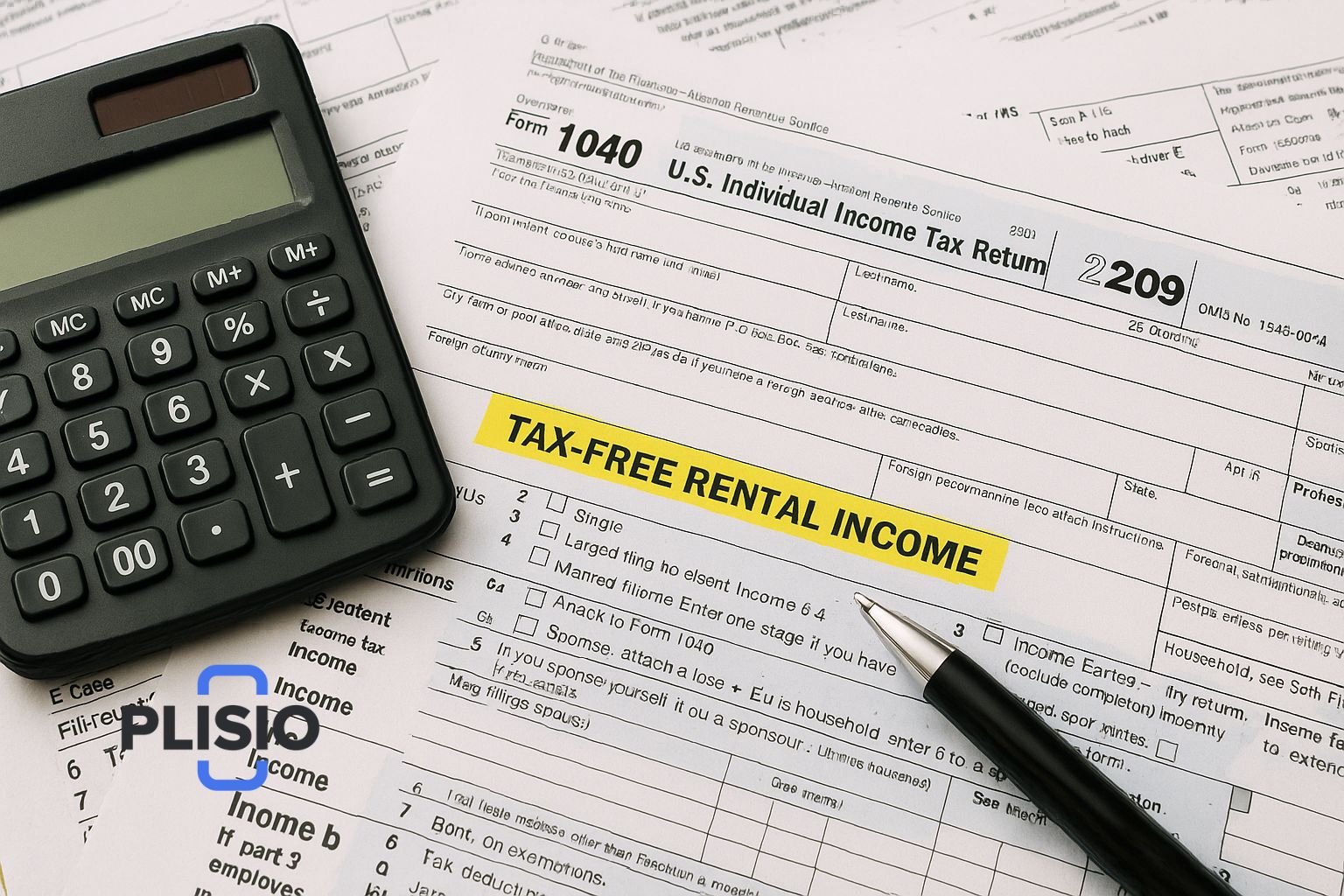The Augusta Rule: A Powerful Tax Strategy for Homeowners and Business Owners

The Augusta Rule, stemming from Section 280A of the Internal Revenue Code, offers a unique and valuable tax strategy for homeowners who occasionally rent their homes. The rule allows homeowners to rent their home for up to 14 days annually without having to report the rental income on their federal tax return. This rule offers a unique opportunity to earn rental income tax-free, and it’s especially beneficial for a business owner who needs to use their home for business activities.
What is the Augusta Rule
The Augusta Rule gets its name from Augusta, Georgia, home of the famous Augusta National Golf Club. Homeowners in the area would rent out their properties during the Masters golf tournament and realized they could earn rental income without any tax liability, provided they followed certain guidelines. Now, this tax rule applies to anyone in the U.S. who qualifies.
Under the Augusta Rule, if the rental period does not exceed 14 days within a tax year, and the property is rented at a fair rental price, the rental income is not required to be reported to the IRS. This tax break allows homeowners to rent out their home or vacation home to their business or others at a fair rental rate without paying federal taxes on the income.
Key Aspects of the Augusta Rule
One of the most appealing aspects of the Augusta Rule is the ability to earn tax-free rental income. To take advantage of the Augusta Rule, the duration of the rental period must not exceed 14 days, and the rental agreement must reflect a fair rental price. This rule is particularly beneficial to a business owner who wants to rent their home to their business for up to 14 days per year for legitimate business purposes.
The rental period must be well-documented, and correspondence related to the rental should be retained in case of an audit. You should also research local rental rates to ensure the price charged is reasonable and justifiable to the IRS.

How the Rule Works for Business Owners
A business owner can rent their home to their business for events such as meetings, staff retreats, or strategy sessions. As long as the business purpose is legitimate and the rental rate is fair, the rental expense is deductible on the business tax return, but the homeowner does not have to report the rental income on their individual tax return.
This tax strategy allows the business to deduct a business expense while the homeowner earns tax-free rental income. However, the home to your business must only be used for a qualified business purpose, and it cannot be your primary place of business.
How to Use the Augusta Rule in Your Tax Planning
When planning your taxes, you can use the Augusta Rule to your advantage by organizing your business calendar around legitimate rental opportunities. For instance, if you host client meetings or staff briefings, schedule them in your home and execute a proper rental agreement.
Maintain documentation such as invoices, payment records, and meeting agendas. This is essential to defend your deduction and tax-free income if the IRS requests proof. Remember, the IRS will expect the rental rate to reflect the fair market value of similar properties in your area.
Comparing Tax Implications Before and After Using the Augusta Rule
|
Scenario |
Without Augusta Rule |
With Augusta Rule |
|
Number of rental days |
14 |
14 |
|
Rental rate per day |
$1,000 |
$1,000 |
|
Total rental income |
$14,000 |
$14,000 |
|
Tax on rental income |
$4,200 (30% est.) |
$0 |
|
Deduction on business tax return |
$0 |
$14,000 |
|
Net tax benefit |
$0 |
$4,200 |
This table shows the power of the Augusta Rule: it provides tax-free rental income while enabling a business deduction for a legitimate expense.
More Real-Life Examples
Consider an entrepreneur who rents out their home to their LLC for hosting strategy sessions four times a year, three days each time. If they charge a fair rental rate of $1,200 per day, that’s $14,400 annually. Because the rental period does not exceed 14 days, the individual does not report the rental income. The business, however, deducts the full $14,400 as a legitimate rental expense.
Another example: A consultant rents out their vacation home to their business for off-site team building. Again, if they stay within 14 days and document everything, they can earn tax-free income while reducing their business’ taxable income.
Eligibility and Legal Requirements
To qualify for the Augusta Tax Rule, you must ensure:
- The rental period does not exceed 14 days in the tax year.
- The home is not your primary place of business.
- The rent charged reflects the fair rental market rate.
- A legitimate business purpose justifies the rental.
- Proper documentation and correspondence related to the rental are maintained.
The rule allows homeowners to rent their home without reporting rental income, but they also forfeit any rental expense deductions related to that specific period. The rule applies to short-term rentals only; renting your home for more than 14 days triggers the requirement to report all rental income and expenses.

Best Practices and Professional Advice
Because of the specific requirements and tax implications, always consult with a tax professional before implementing this tax strategy. You should understand how to document the fair rental price, rental days, and business purpose. Also, the Augusta Rule offers benefits only when used in compliance with IRS standards.
Always draft a rental agreement and keep all necessary paperwork. Doing so protects you during an audit and confirms the rental activity was valid and necessary. The Augusta Rule can help homeowners and businesses alike save on taxes, but only when properly applied.
Conclusion: Why You Should Consider the Augusta Rule
The Augusta Rule is a powerful tool in any tax planning arsenal. It allows you to earn rental income without any tax while giving your business a valuable deduction. This rule offers a rare chance to reduce both personal and business tax liability with one strategy.
Whether you're looking to rent out your home or vacation home to their business or host short-term events in your primary residence, this rule allows for flexibility and significant savings. You must follow the rules precisely, but the rewards can be substantial.
If you're eligible for the Augusta Rule, don't overlook this opportunity. With thoughtful planning, proper documentation, and guidance from a tax professional, you can benefit from the Augusta Rule and improve your overall financial efficiency.




